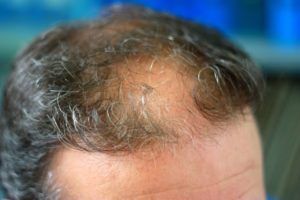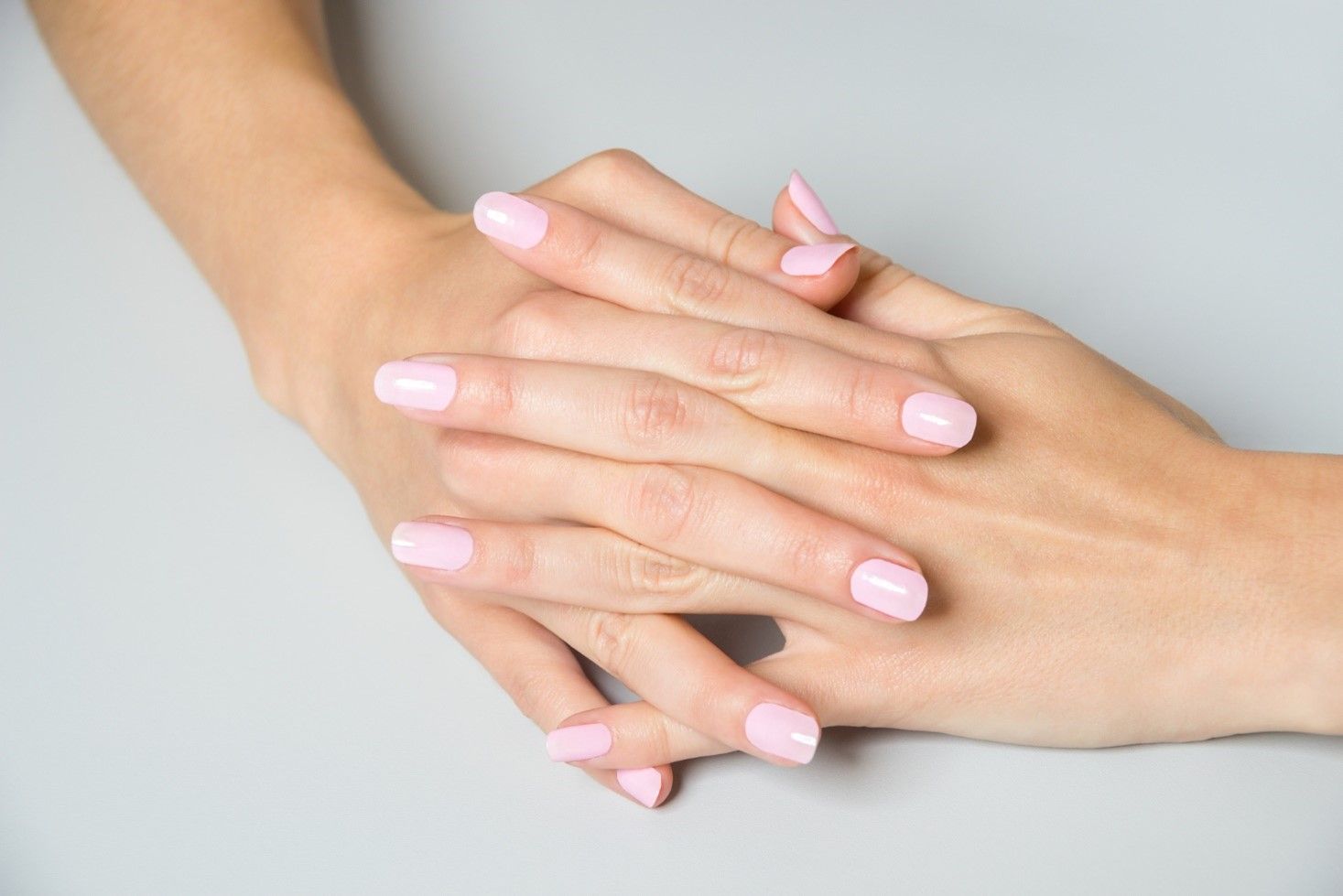Tips to Deal With Dry Skin
The skin is the body’s largest organ, and its look and feel are easily affected by a myriad of factors that can cause the skin to dry out, which potentially makes it itchy, flaky, or rough. Dry skin is common among people of varying ages and can exhibit as just a patch on one part of your body or, in extreme cases, your entire body.
Internal problems that cause dry skin include underlying conditions such as eczema or psoriasis. While external factors that may cause dry skin include weather, pollutants and irritants in the air, or a reaction to certain cosmetic products.
The tips below will help you understand your skin and avoid unnecessary dryness.
Constant Re-Hydration
Water is essential for the proper functioning of all parts of our body, including the skin. Ensure you consume enough water and fluids to maintain the suppleness of your skin.
When you spend time outdoors during summer, you may lose more water than usual through sweating. If you do not replace the lost water, dehydration may take a toll on your body and skin by damaging the skin’s natural moisture barrier and causing the skin to dry out.
Regular Consumption of a Balanced Diet
Foods rich in vitamins A, C, D, E, zinc, and selenium are suitable for dry skin. These foods replenish the skin cells to restore how the skin functions. If you consume a meal rich in these nutrients, you will help your skin restore its natural moisturizing barrier, which reduces water loss and improves your skin’s hydration.
Certain foods and habits could also cause harm to your skin. For example, avoid sugary foods, baked products, and foods with high fat content. Stop regularly drinking alcohol and consuming tobacco. These foods and habits interfere with optimal skin functioning and will give you inelastic, dry, and inflamed skin.
Careful Cosmetic Product Selection
There are many cosmetic products on the market, including soaps, creams, lotions, and sprays, that promise to do one thing or another for your skin. Different products are also designed for different skin types and may not be one size fits all. You should always use the right products for your skin type.
If you have dry skin, consult a dermatologist first to identify the cause. The dermatologist will prescribe products and a regimen that will be compatible with your skin and eliminate any offending products from your current regimen.
Consistent Moisturizing
Your skin becomes dry and itchy when it lacks sufficient moisture. Internal rehydration through drinking water is not enough. You should also protect the skin by using products such as moisturizers and lotions to keep the moisture locked into the skin.
Moisturizing the skin helps protect the skin’s natural moisture barrier from getting damaged. When the natural barrier is already damaged, moisturizer fills in for the natural barrier. Apply a healthy amount of moisturizer or lotion regularly throughout the day to keep the skin moist.
Limited Sun Time
The sun releases ultraviolet (UV) rays that destroy skin cells when the skin gets exposed to the sun without protection. The UV rays destroy the outer layer of the skin and the natural moisture barrier responsible for retaining essential oils and moisture that ensure your skin stays moisturized.
To prevent your skin from becoming dry and flaky, you should try to minimize exposure to the sun by limiting the time you spend under direct sunlight or by consistently applying sunscreen that prohibits UV rays from reaching your skin cells.
Having dry skin can make you uncomfortable and even affect your appearance. Do not let the symptoms of dry skin take a toll on you in any way. Contact us at East Carolina Dermatology and Skin Surgery, PLLC, today for a proper examination and treatment of your dry skin.










